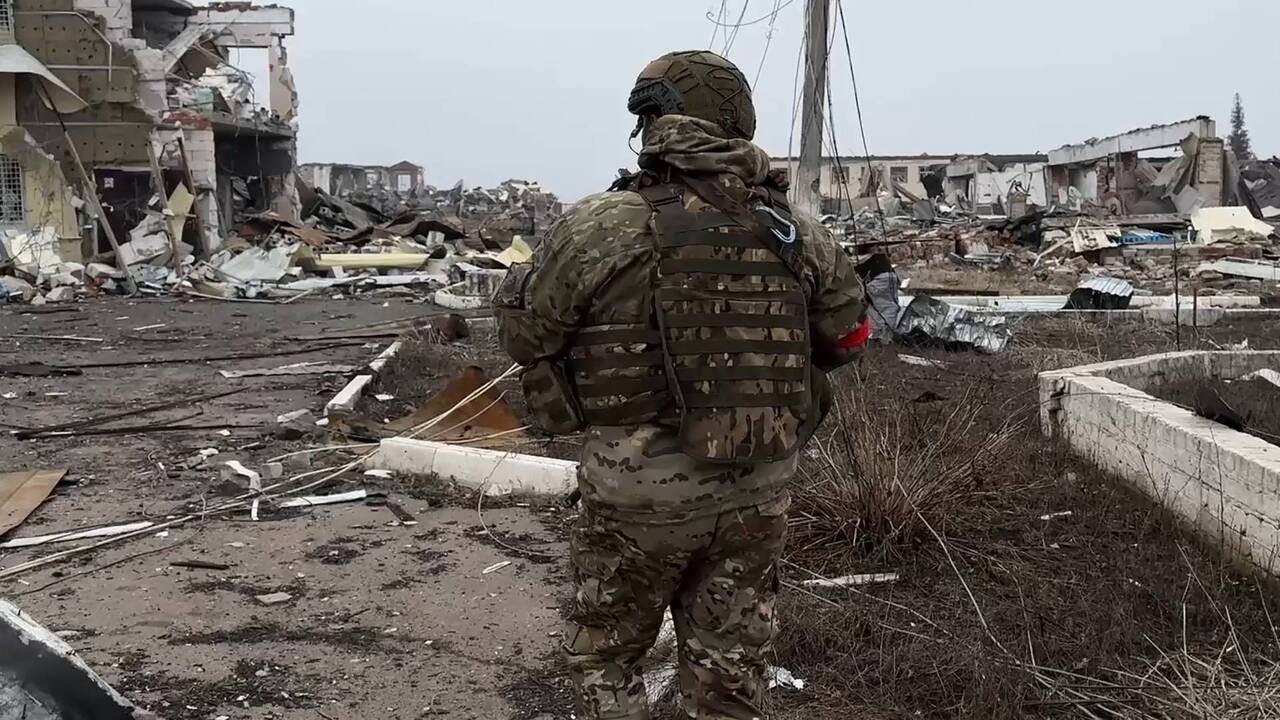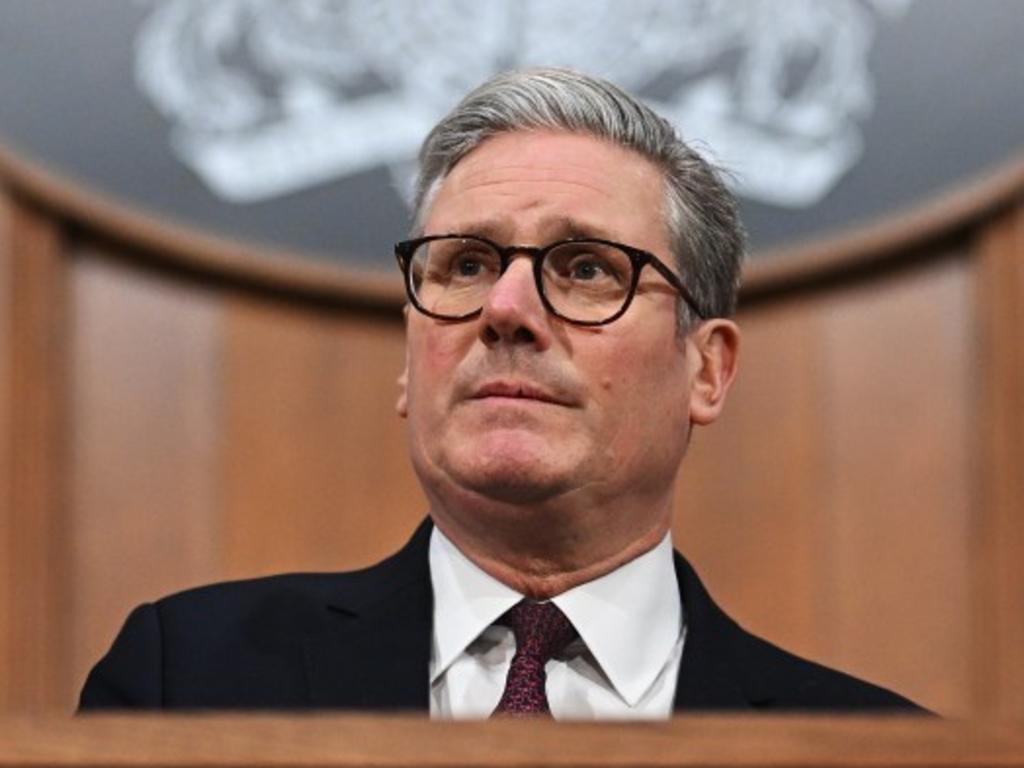Peace deal ‘must bar Ukraine from NATO’: Moscow
Russia will seek guarantees that NATO will exclude Ukraine from membership and that Ukraine will remain neutral in any peace deal, Russia’s deputy foreign minister has said.

Russia will seek guarantees that NATO will exclude Ukraine from membership and that Ukraine will remain neutral in any peace deal, Russia’s deputy foreign minister has said.
As US officials expressed optimism that a Ukraine-Russia ceasefire deal could be reached in “weeks,” Alexander Grushko told Russian media outlet Izvestia: “We will demand that iron-clad security guarantees become part of this agreement.
“Part of these guarantees should be the neutral status of Ukraine, the refusal of NATO countries to accept it into the alliance,” he said.
Mr Grushko spoke as Mr Trump’s envoy for the conflict, Steve Witkoff, confirmed Donald Trump and Vladimir Putin were expected to discuss a possible truce this week.
“The two presidents are going to have a really good and positive discussion this week,” Mr Witkoff told CNN.
Mr Trump, he added, “really expects there to be some sort of deal in the coming weeks, maybe, and I believe that’s the case”.
“This is a highly … complicated situation, and yet we’re bridging the gap between two sides … (Mr Trump) really expects there to be some sort of deal in the coming weeks, maybe, and I believe that’s the case,” he added.
Mr Witkoff also told CNN it was “a little premature” to discuss the US being required to recognise territory seized by Russia, a condition which Mr Putin is expected to demand in any peace deal.
Ukraine’s Volodymyr Zelensky on Saturday accused the Kremlin of not wanting to end the war. He warned that Moscow wanted to first “improve their situation on the battlefield” before agreeing to any ceasefire.
Earlier on Sunday Russian foreign minister Sergey Lavrov and the US secretary of state, Marco Rubio also discussed “concrete aspects” of understandings.
Ukrainian president Volodymyr Zelensky has already agreed to terms proposed by the United States which includes the 30-day suspension of the war.
Meanwhile Emmanuel Macron has said Australia and other countries in the “coalition of the willing” will each provide several thousand troops to help defend Ukraine in the event of any peace deal.
Mr Macron, the French president, told La Dépêche du Midi the objective was not a mass deployment of European troops after any peace deal but said it would involve “a few thousand men per nation to consolidate Ukrainian defences and carry out training programs”.
Australian defence chiefs are to join the other participating nations in planning various scenarios this week at the Permanent Joint Headquarters in north London, which will begin to formulate how many military personnel will be required and in which speciality areas. British sources said the total deployment of forces would be “comfortably north of 10,000”.
Mr Macron said the sudden readjustment across the continent with European countries now prioritising investment in defence, as well as the co-ordination between armies, formed part of the security guarantee for Ukraine.

He said the technical work will be completed in the coming days which will detail capacity figures and will list how each country will be involved.
Mr Macron confirmed the planning includes group troops and other projects such as training Ukrainian pilots because Europe remains distrustful of Russia’s intent.
He said: “When Russia says ‘If you deploy forces, you will be in confrontation with Moscow’, it is saying almost explicitly that its intention is to return and go further, which is what we believe very deeply. And I think that we must take these statements as they are, this is the explicit existential strategic threat.
“This is exactly what Russia has been doing in every theatre of operation for years. It hasn’t left Armenia, it hasn’t left Georgia, it hasn’t left Ukraine since 2014, it hasn’t left Moldova. It should have withdrawn its troops more than 20 years ago. It still has 2,000 soldiers. And so, as soon as there is a weakening of the geopolitical context, or rather of its main adversaries, it re-engages and relaunches operations.’’
While the coalition is led by France and Britain, others to have indicated their involvement are Estonia, Lithuania, Latvia, Finland, Turkey, Spain, New Zealand and Canada.
Australian Prime Minister Anthony Albanese said Australia has historically played an important role in a range of peacekeeping areas and was open to sending troops to Ukraine.
Italy, Poland and Germany are believed not to be willing to participate.






To join the conversation, please log in. Don't have an account? Register
Join the conversation, you are commenting as Logout